
An Isle of Wight mother, whose daughter died after a battle with anorexia wants people to know she is here to support them through the "misunderstood" illness which has "increased horrendously" during the pandemic.
Sue Barnes, who lives in Ryde, dedicates herself to running the charity Kae’s Trust - which was set up in memory of her daughter who died aged 29 in March 2018.
The Isle of Wight Youth Trust says it has seen a rise in referrals for eating disorders through the lockdown.
During the 15 years that Kae was suffering, Sue says there was “no support” for her as a parent, which is why she is reaching out to parents, carers and family members to provide “compassion” and “understanding”.
Sue told Isle of Wight Radio:
“Anyone who contacts us, it is made perfectly clear I am not offering any medical, psychological or psychiatric care whatsoever- I am a Mum - not a qualified person. I am just here and have been through what they have been through.
“I can offer them compassion, understanding and sometimes I can point them in the right direction or give them an idea of what the next step will be...I can empower them to be able to go back to their GP and say ‘no’ - I need more than this.”
Data shows soaring numbers of people in England experiencing anorexia and bulimia during the pandemic, leading to psychiatrists warning of a “tsunami”.
According to Beat Eating Disorders, there are around 1.25 million people in the country with an eating disorder.
Sue added:
“I’m always willing to talk to people, I’m always happy just to be a voice that listens. You can do it anonymously so that you feel safe talking to just a voice at the end of the phone. I have people who talk to me on Linkedin and Twitter because that’s the only way they can do it without their child knowing”.
Thanks to funding from the National Lottery 18 months ago, Kae’s Trust is able to continue to support Islanders, which Sue does over the phone, via social media and also from her garden in Ryde.
Isle of Wight Radio's been told some Isle of Wight GP surgeries don't go far enough, some have reportedly told patients they “don’t have a low enough BMI to be anorexic”, have put off weighing them or have even advised that they take ‘Complan’ - a nutritional drink - to “build them up”.
Sue said it is important to be seen as soon as possible by a GP, she concluded:
"Children don't have time - they need to be seen now. I would jump up and down, I would shout, that my child is seen."
The Hampshire, Southampton and Isle of Wight CCG says Island GPs “absolutely understand that having an eating disorder can be a very difficult and distressing experience”.
And GPs are “here to support people who may have this complex mental health condition.”
Manager of Healthwatch Isle of Wight, Joanna Smith, told Isle of Wight Radio:
‘Eating disorders are complex mental illnesses that can affect anyone, regardless of their age, sex or background and it is essential that people get support early on.
‘People with eating disorders use disordered eating behaviour as a way to cope with difficult situations or feelings.
‘This behaviour can include limiting the amount of food eaten, eating very large quantities of food at once, getting rid of food eaten through unhealthy means (e.g. making themselves sick, misusing laxatives, fasting, or excessive exercise), or a combination of these behaviours.
‘We want people to know that there is help out there for people with eating disorders and their families and we would urge anyone who is concerned to reach out for support without delay.’
Dr Michele Legg, clinical director for Hampshire, Southampton and Isle of Wight Clinical Commissioning Group, concluded:
“GPs on the island absolutely understand that having an eating disorder can be a very difficult and distressing experience, either for yourself or for a loved one, and are here to support people who may have this complex mental health condition.
“We always encourage anyone who is concerned to come forward to seek help as soon as possible either from your GP, or another health professional.”
Where to go for support:
- Contact your GP. If you think that you may have an eating disorder, speak to your GP. They will ask about your eating habits and lifestyle. If they believe that you have an eating disorder, they will refer you to a specialist.
- Talk to a family member or friend. It can be very hard to admit there is a problem and ask for help. Start by talking to someone you trust which could be a close friend or family member.
- Talk to an advisor at Beat (UK eating disorder charity). They have advisors who can talk to you about the different types of eating disorders and provide information about recovery and the support available to you.
- If you are concerned you have an eating disorder then please contact your GP as soon as possible
- During an appointment a GP will ask you about eating habits and ask how you are feeling, plus check your overall health and weight
- The GP may refer you to an eating disorder specialist or team of specialists
- You can also talk in confidence to an adviser from eating disorders charity Beat by calling their adult helpline on 0808 801 0677 or youth helpline on 0808 801 0711. The NHS website also has some helpful background information on eating disorders
Website: https://www.beateatingdisorders.org.uk/
Email: [email protected]
Adult helpline: 0808 801 0677
Youthline 0808 801 0711

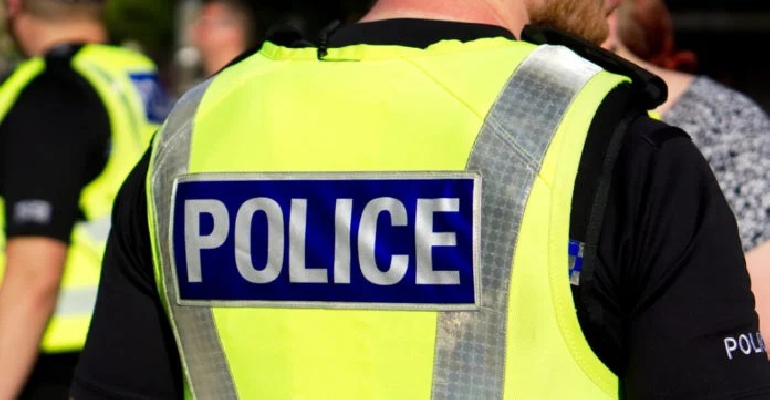 Newport Man Arrested After Damaging Ryde Hotel And Being Abusive To Members Of The Public
Newport Man Arrested After Damaging Ryde Hotel And Being Abusive To Members Of The Public
 Assault On Teenage Girl Sees 15 Year-Old Boy Arrested
Assault On Teenage Girl Sees 15 Year-Old Boy Arrested
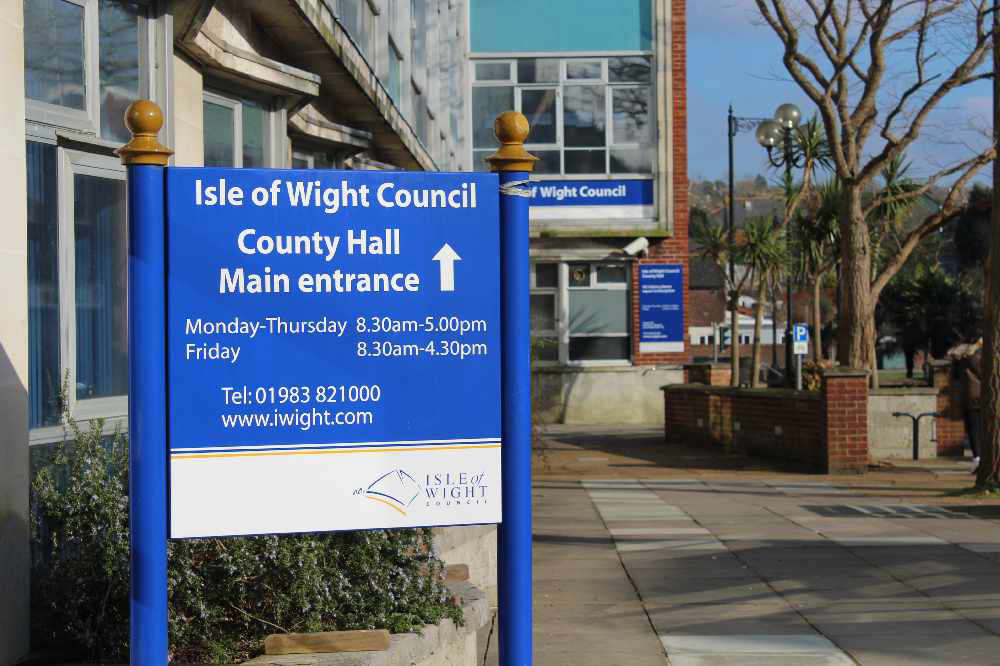 Councillor Accuses County Hall Planners Of "Intransigence" In "Correctly" Applying Planning Law
Councillor Accuses County Hall Planners Of "Intransigence" In "Correctly" Applying Planning Law
 Cabinet Asked Whether School Closure Plans Are "Truly Financially Viable"
Cabinet Asked Whether School Closure Plans Are "Truly Financially Viable"
 G4's Mike Christie To Release Walk The Wight Song In Aid Of Mountbatten
G4's Mike Christie To Release Walk The Wight Song In Aid Of Mountbatten
 Victorian Society Objects To 'Needlessly Damaging' Proposals For Isle Of Wight Church
Victorian Society Objects To 'Needlessly Damaging' Proposals For Isle Of Wight Church
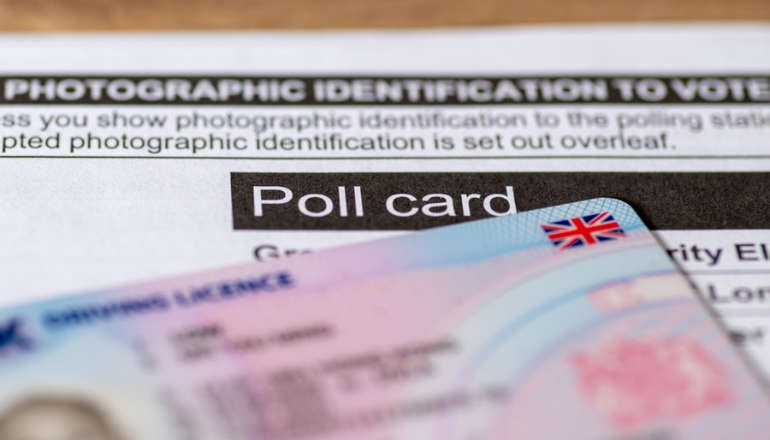 Isle Of Wight Council By-Election Likely To Be Held In May
Isle Of Wight Council By-Election Likely To Be Held In May
 Council Opens Enforcement Case In Response To Developer's "Alleged Breach Of Planning Controls"
Council Opens Enforcement Case In Response To Developer's "Alleged Breach Of Planning Controls"
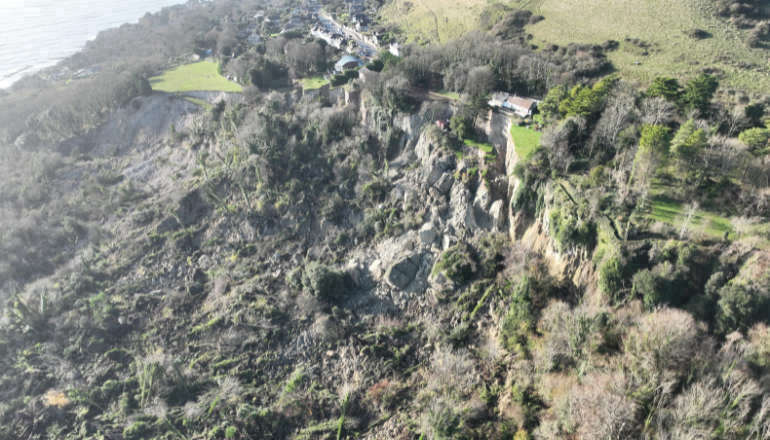 Find Out How Council's £600,000 Leeson Road Investment Will Be Spent
Find Out How Council's £600,000 Leeson Road Investment Will Be Spent
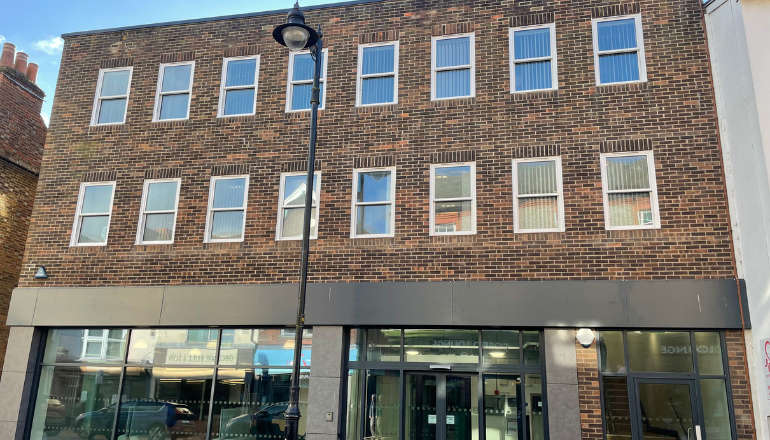 New High Street Health And Wellbeing Centre To Open In Newport
New High Street Health And Wellbeing Centre To Open In Newport
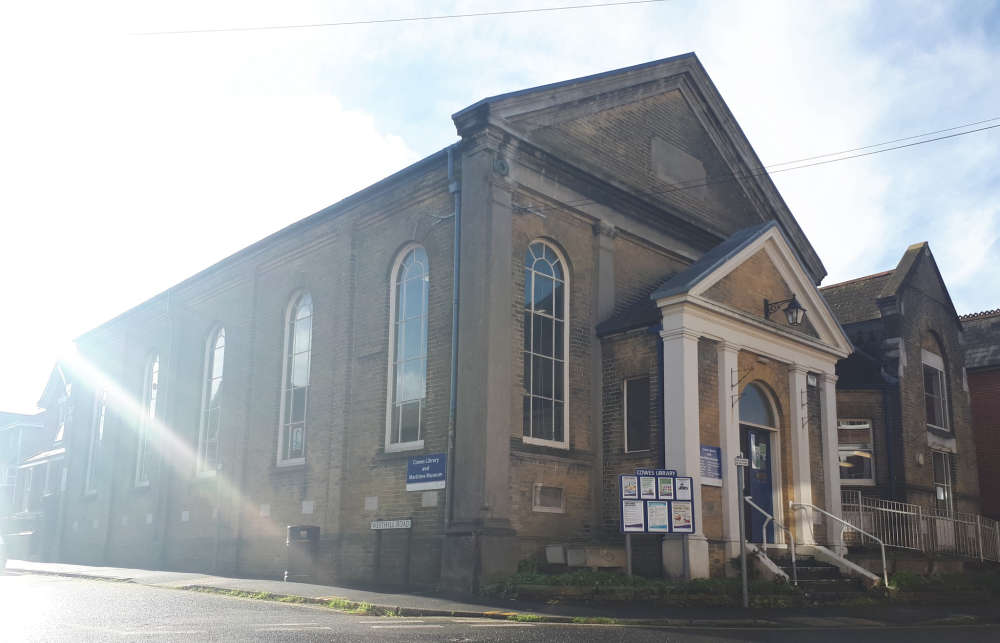 Cowes Library Set To Undergo Building Works To Improve Accessibility
Cowes Library Set To Undergo Building Works To Improve Accessibility
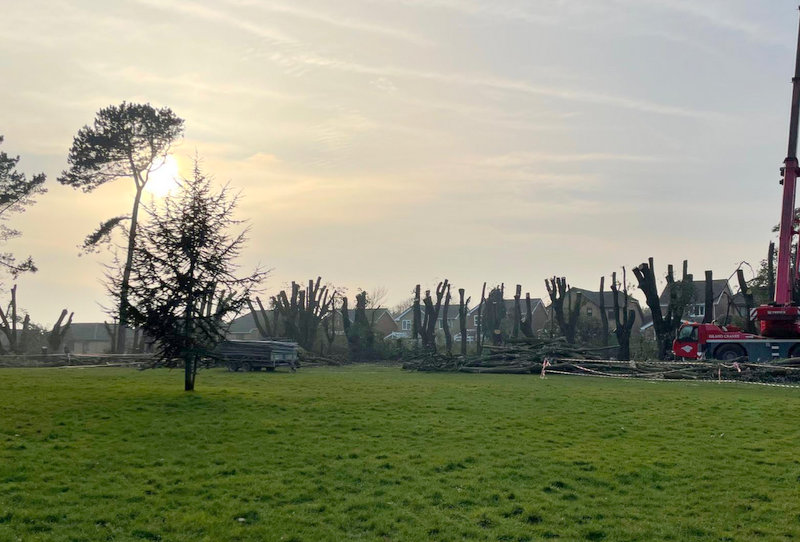 Isle Of Wight Park Could Be Upgraded As Part Of Council Works Scheme
Isle Of Wight Park Could Be Upgraded As Part Of Council Works Scheme
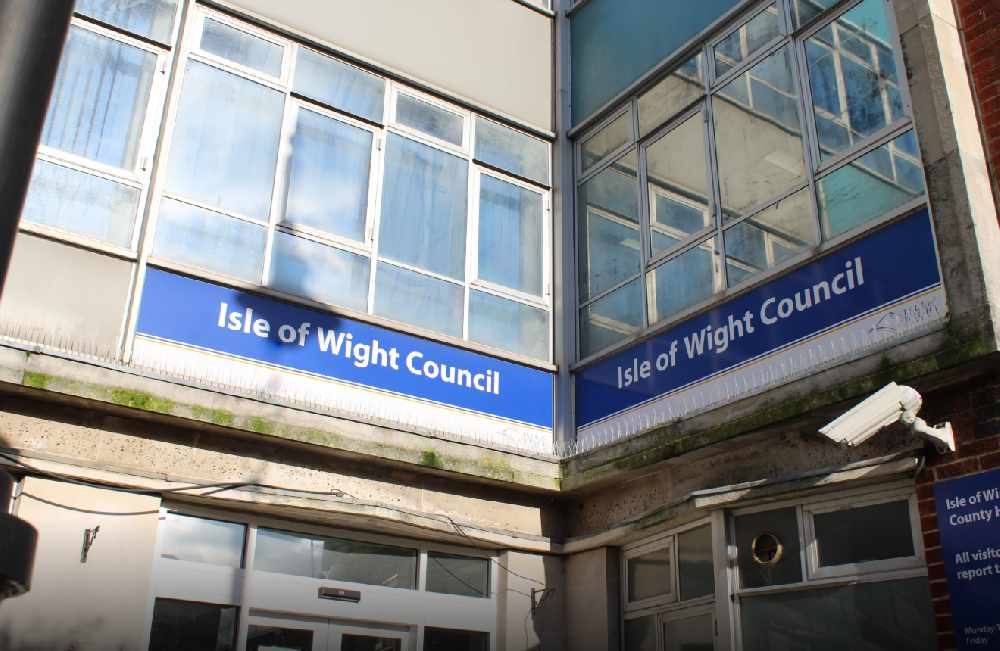 "Treated Shamefully": County Hall Watchdog Lashes Out At Cabinet
"Treated Shamefully": County Hall Watchdog Lashes Out At Cabinet
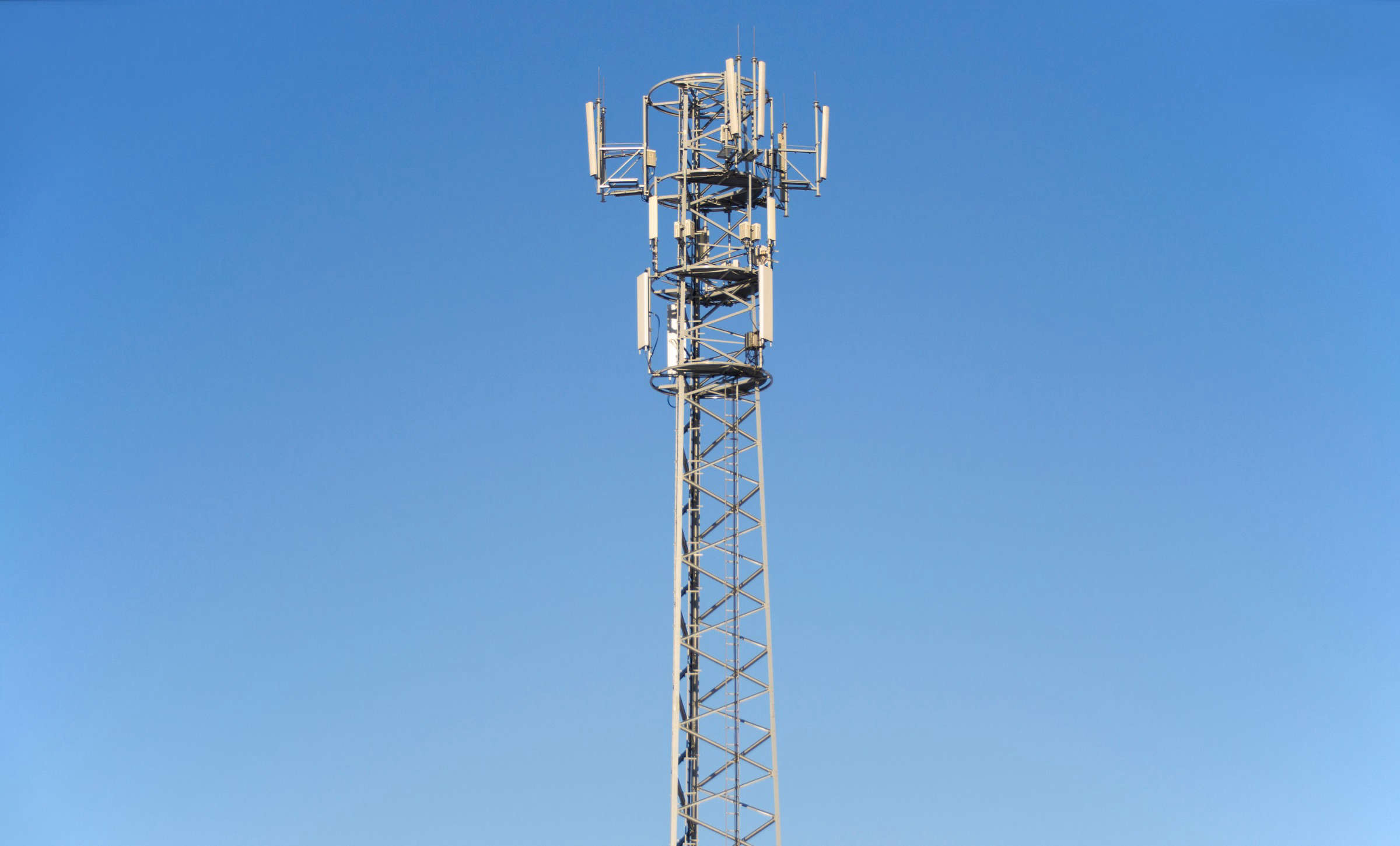 Residents And Councillors Rally Against 20-Metre 'Eyesore' Telecoms Mast
Residents And Councillors Rally Against 20-Metre 'Eyesore' Telecoms Mast
 Unions To Hold Indicative Strike Ballots Over 'Potentially Catastrophic' School Closure Plans
Unions To Hold Indicative Strike Ballots Over 'Potentially Catastrophic' School Closure Plans
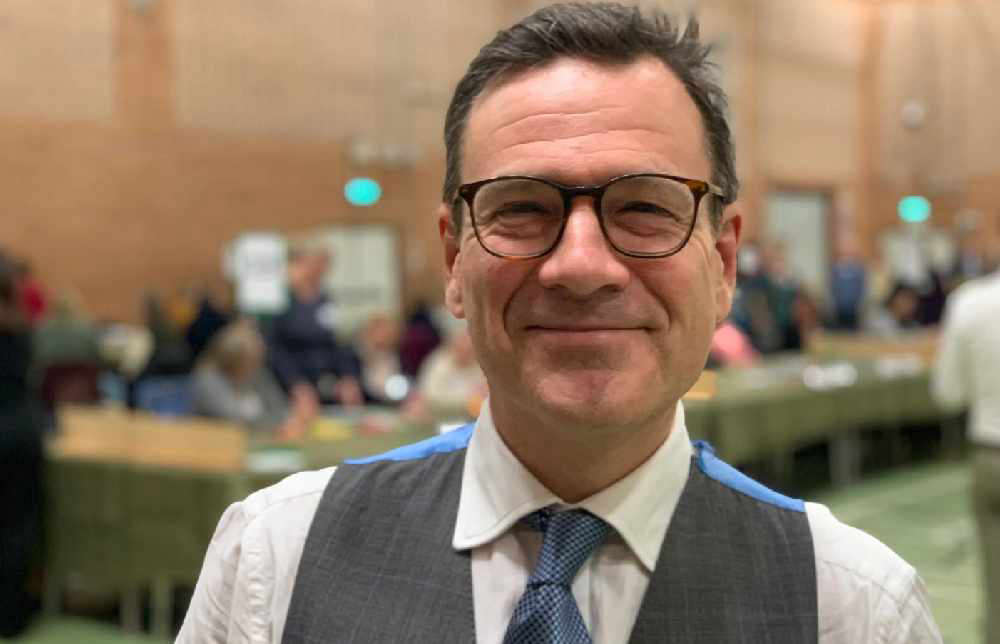 Bob Back On The Job: Former MP Seely Returns To Politics With Freshwater Parish Council
Bob Back On The Job: Former MP Seely Returns To Politics With Freshwater Parish Council
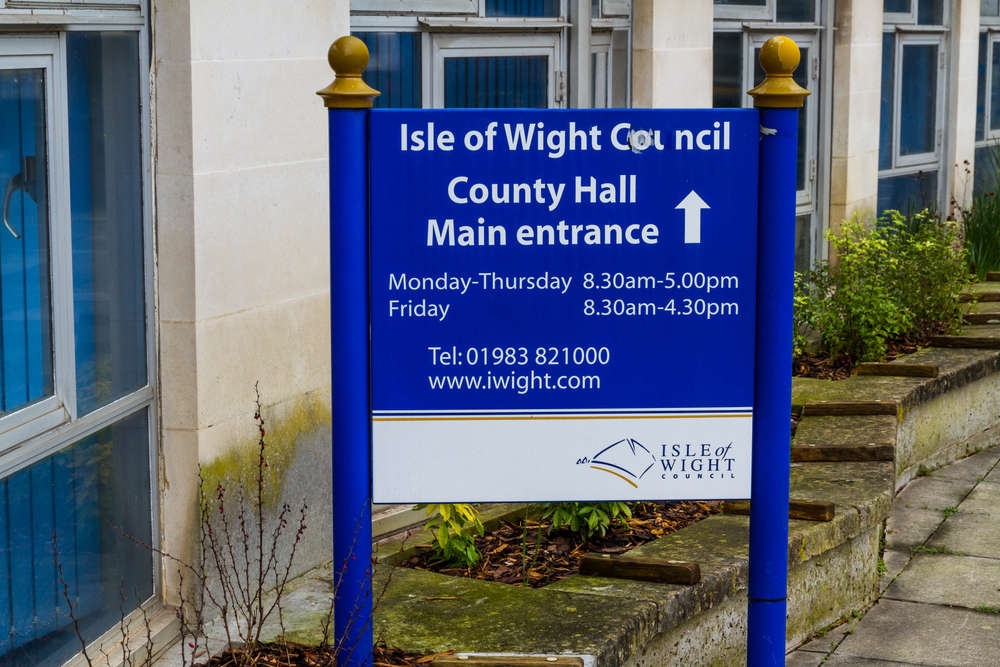 Major Investment To Transform Adelaide Care Home In Ryde
Major Investment To Transform Adelaide Care Home In Ryde
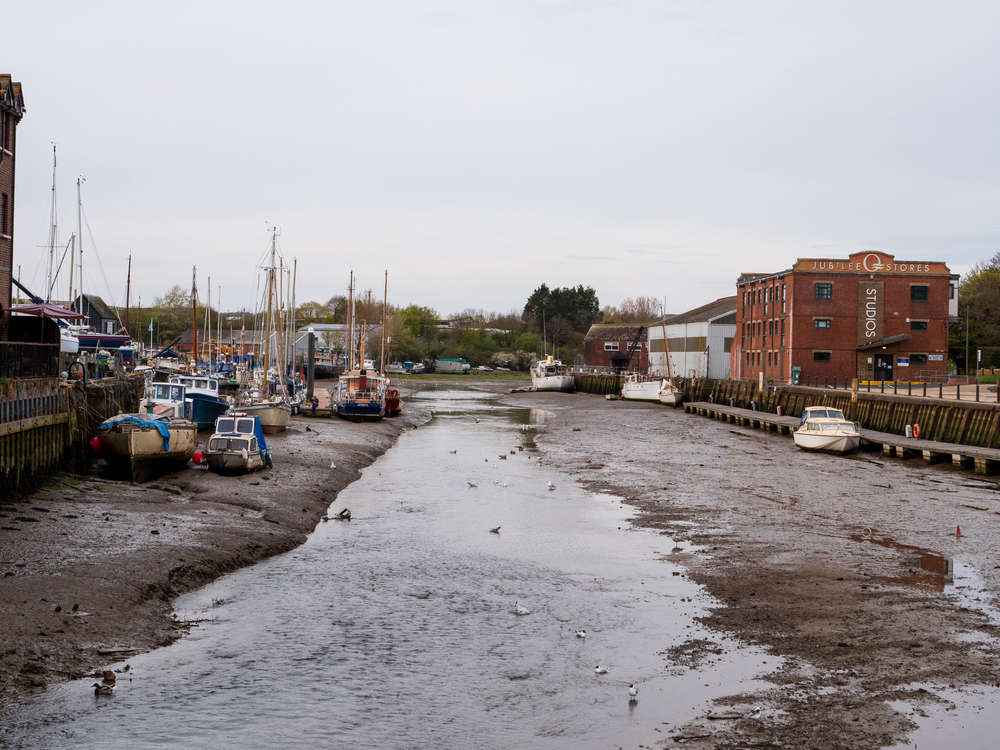 Call To Honour Island Heroes Of Dunkirk With Newport Harbour Memorial Cairn Given Green Light
Call To Honour Island Heroes Of Dunkirk With Newport Harbour Memorial Cairn Given Green Light


